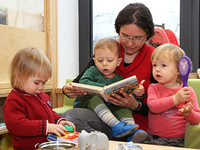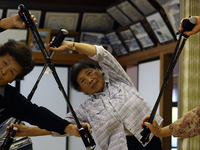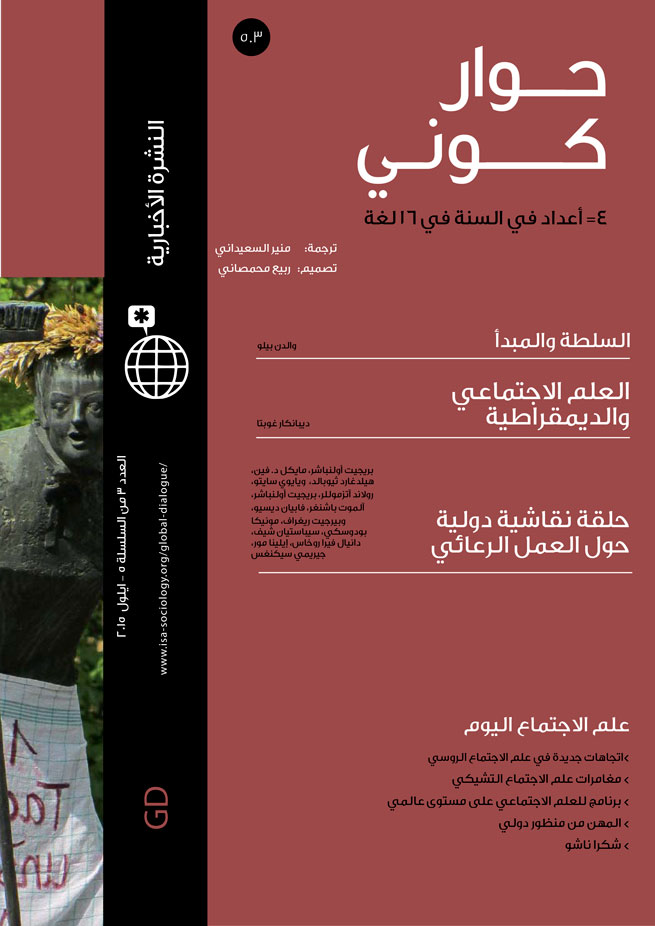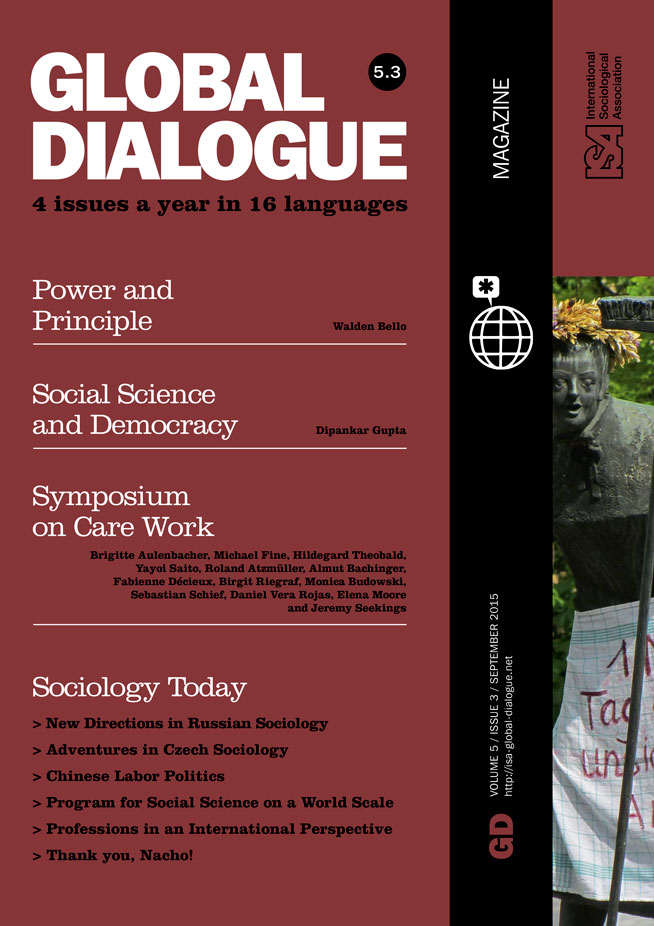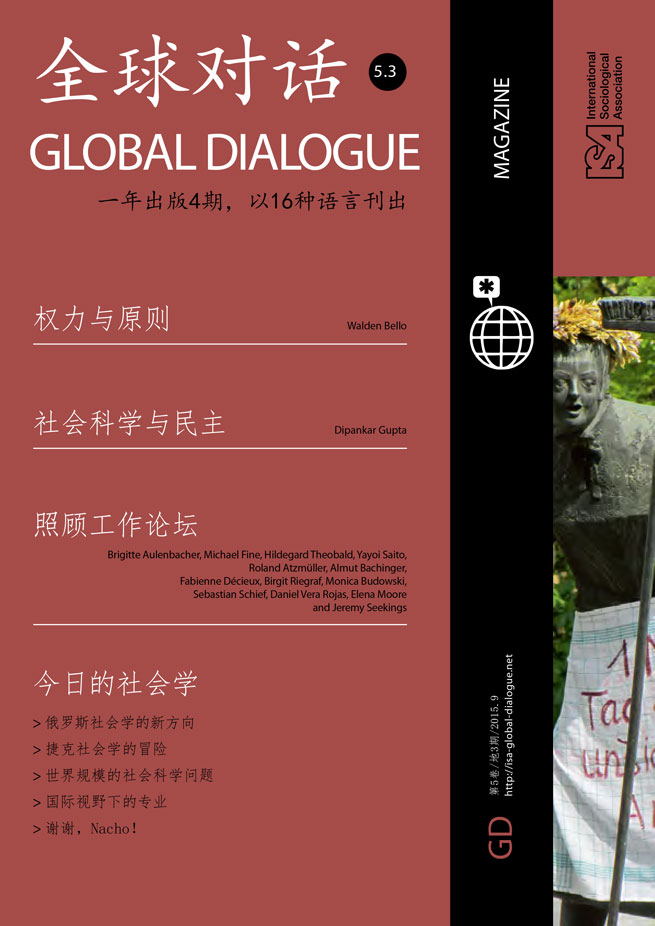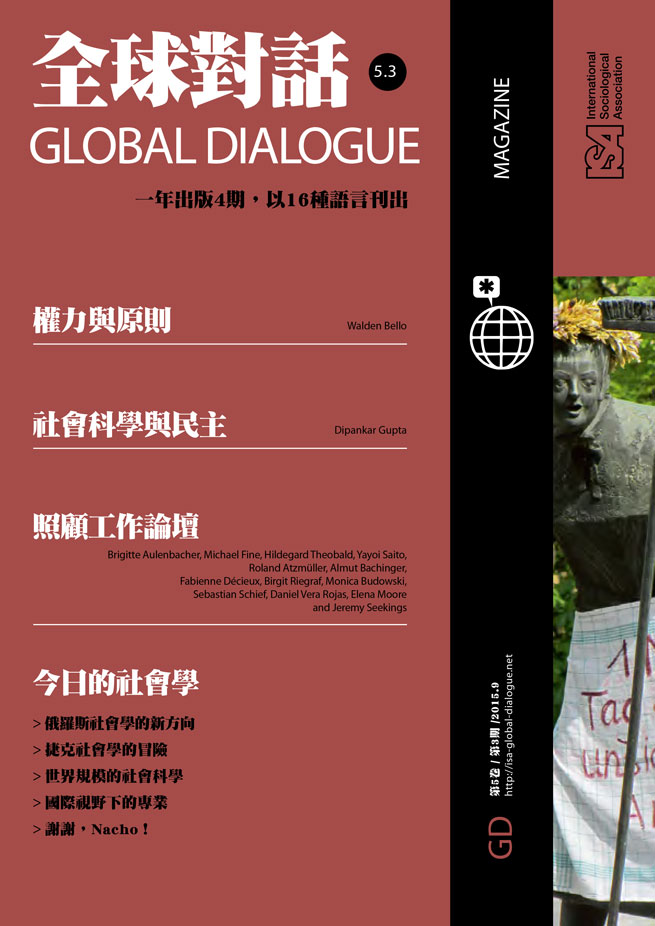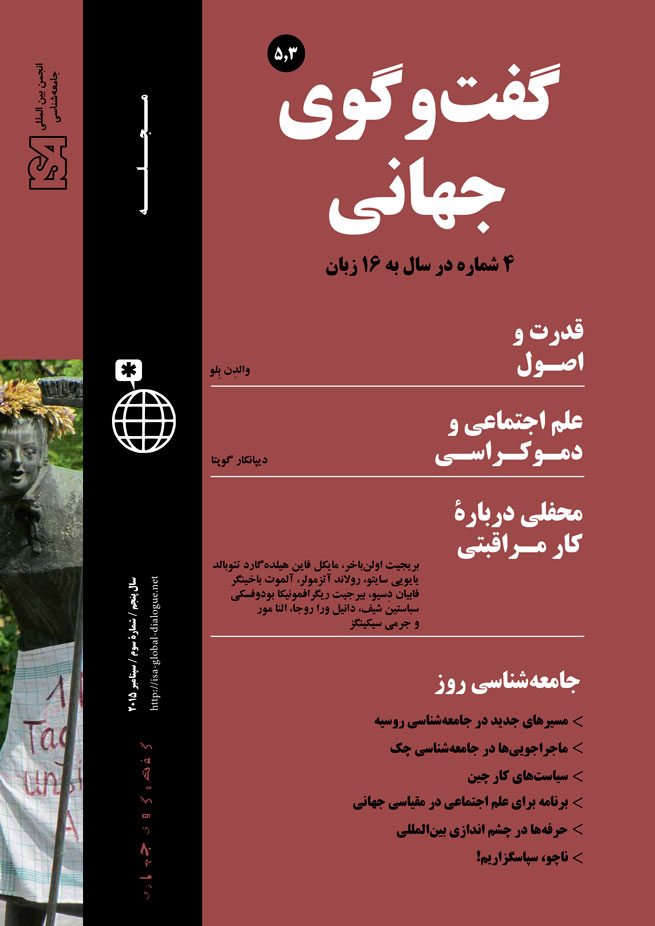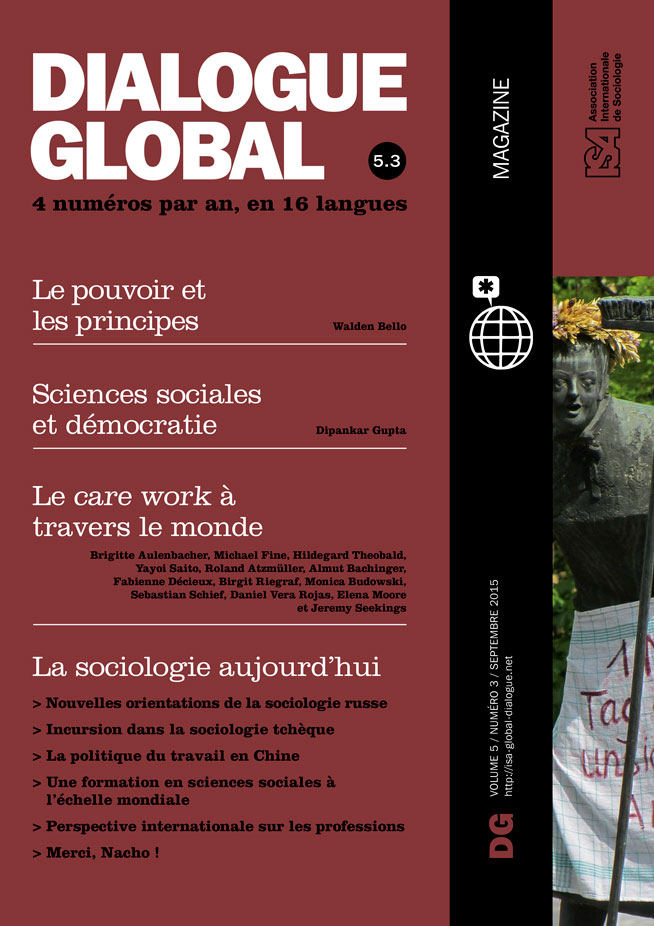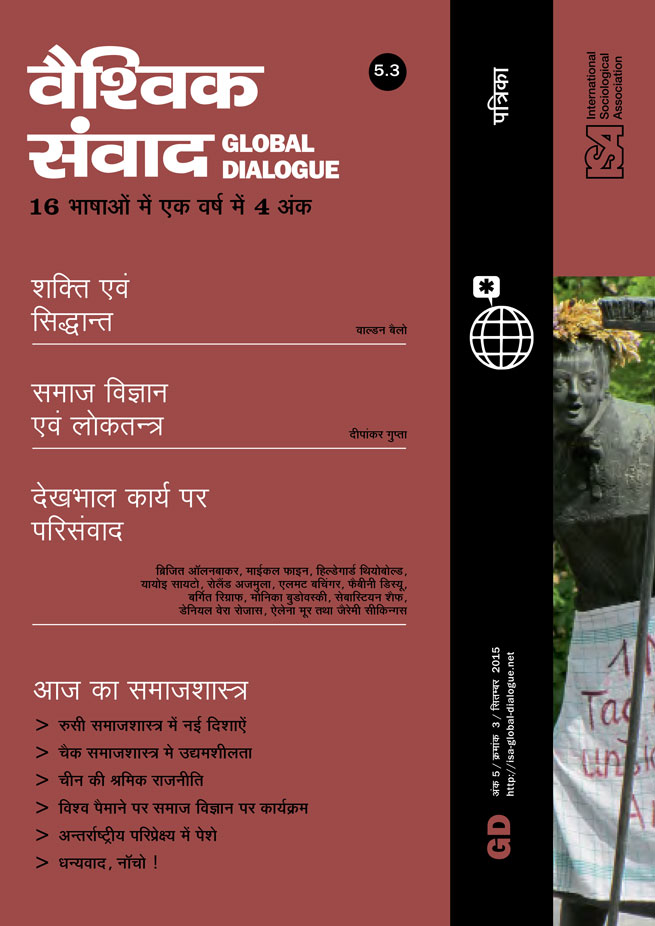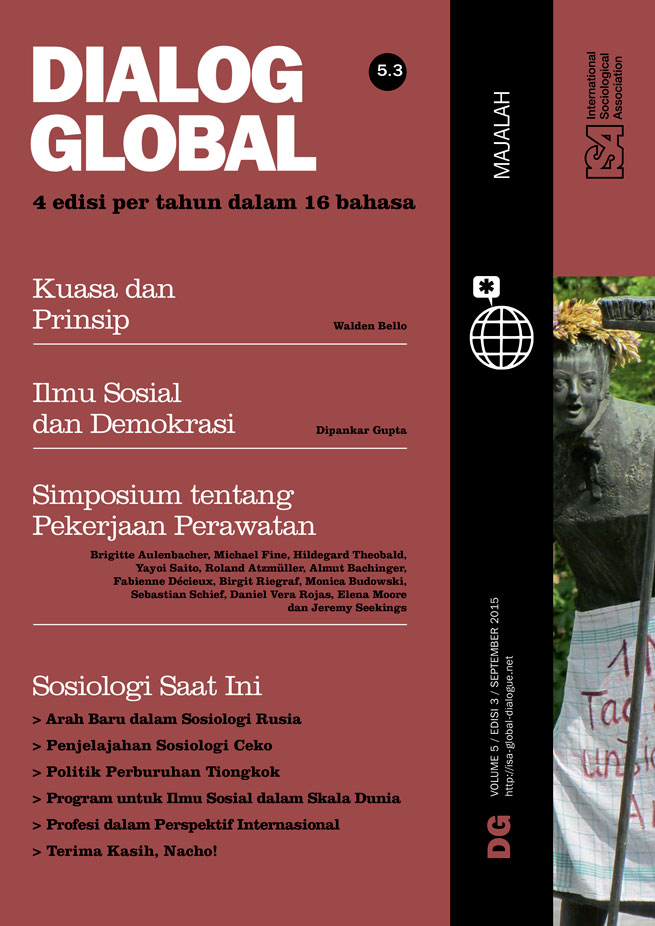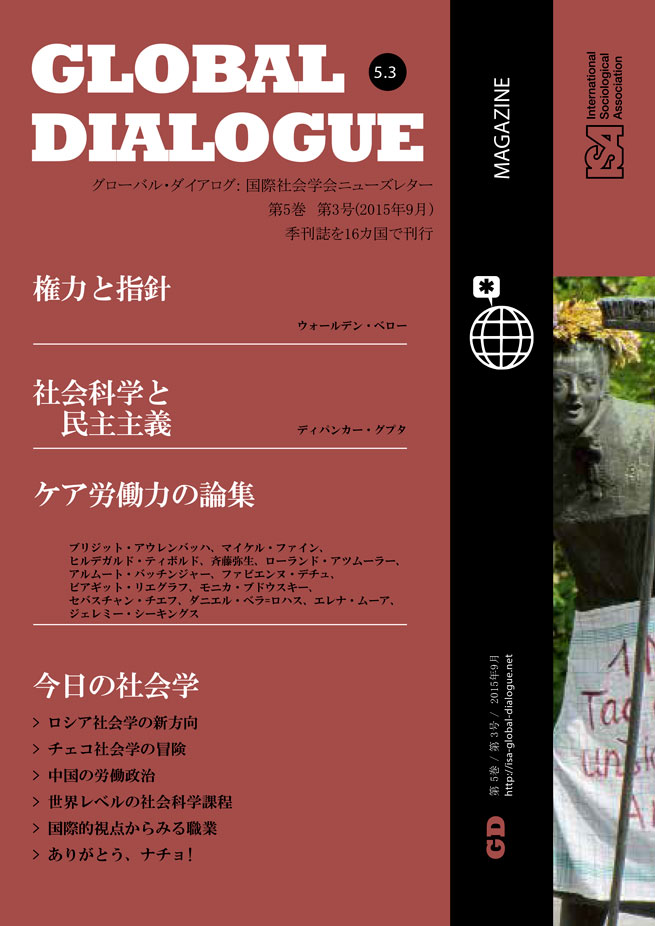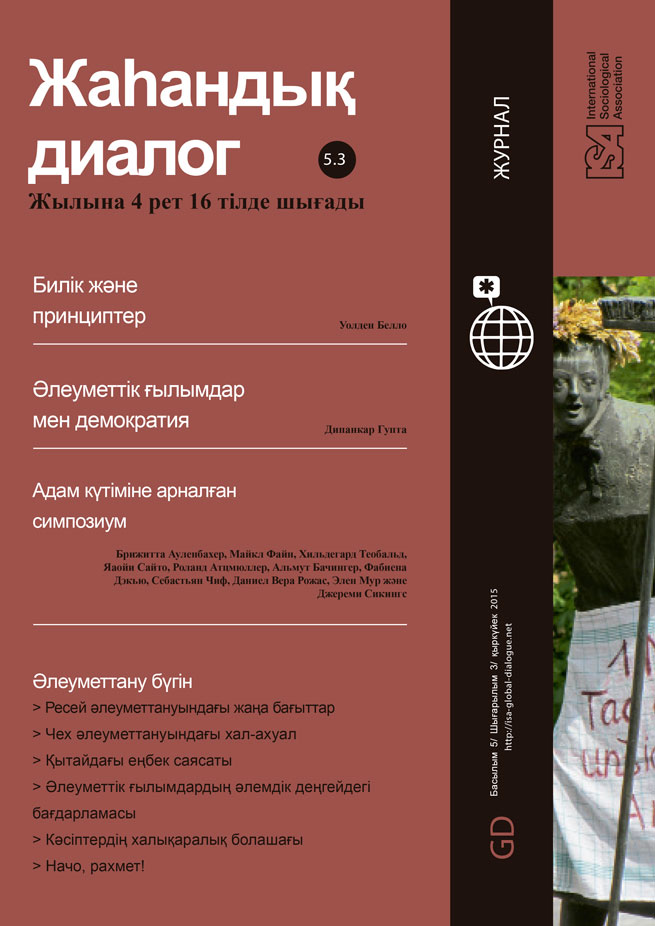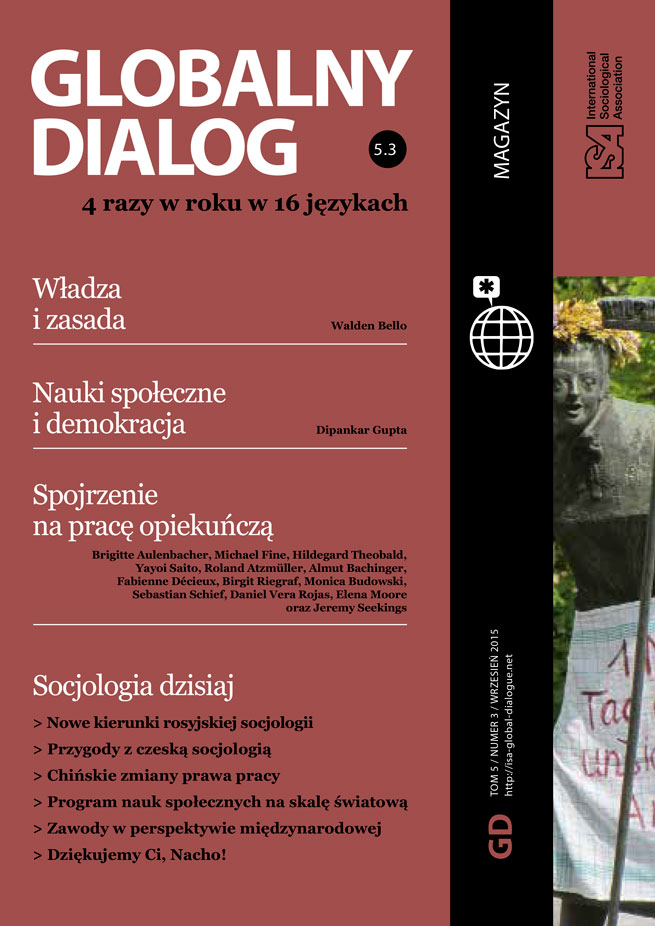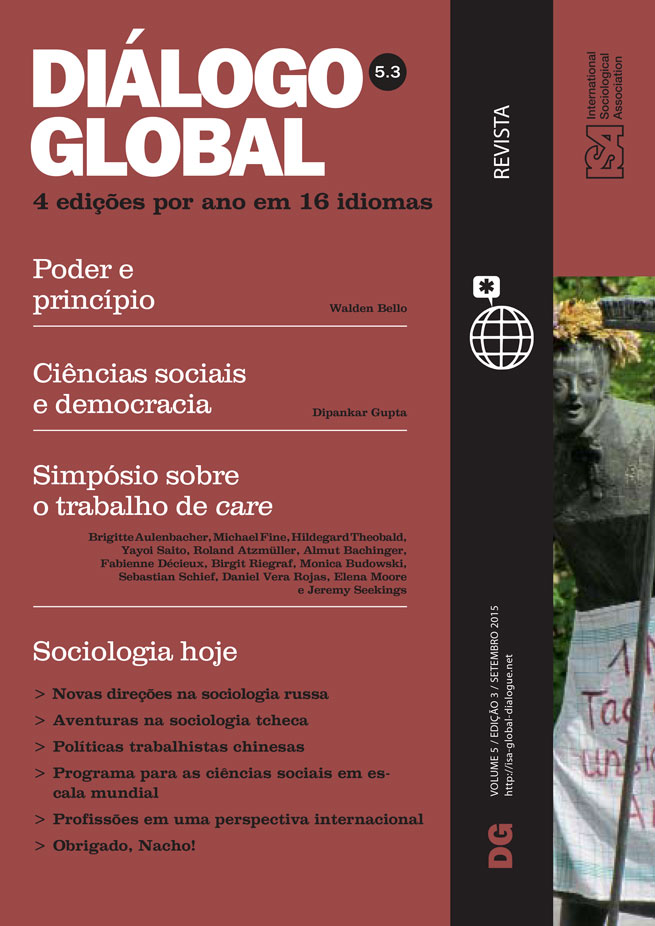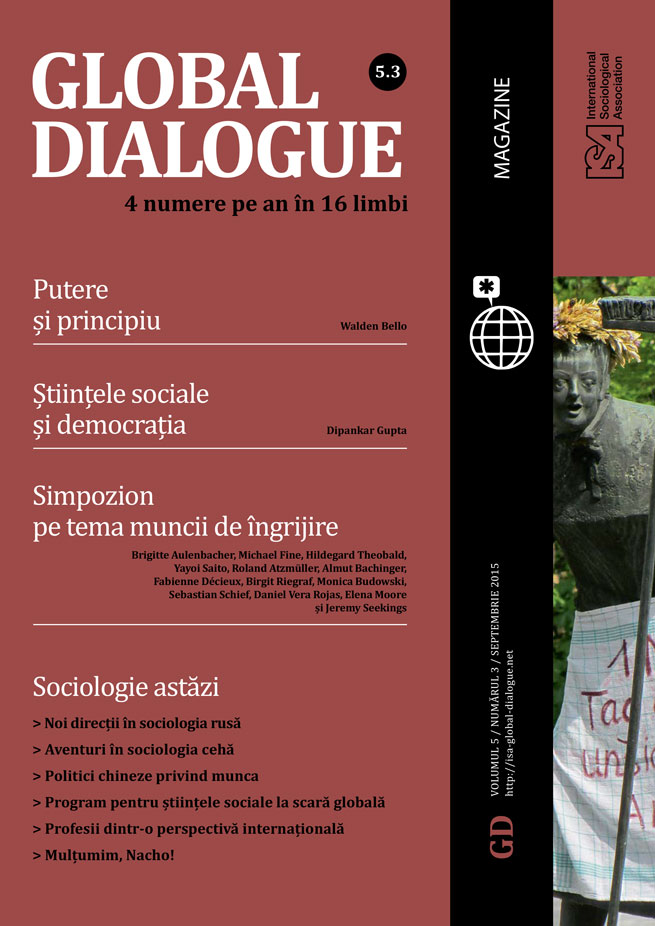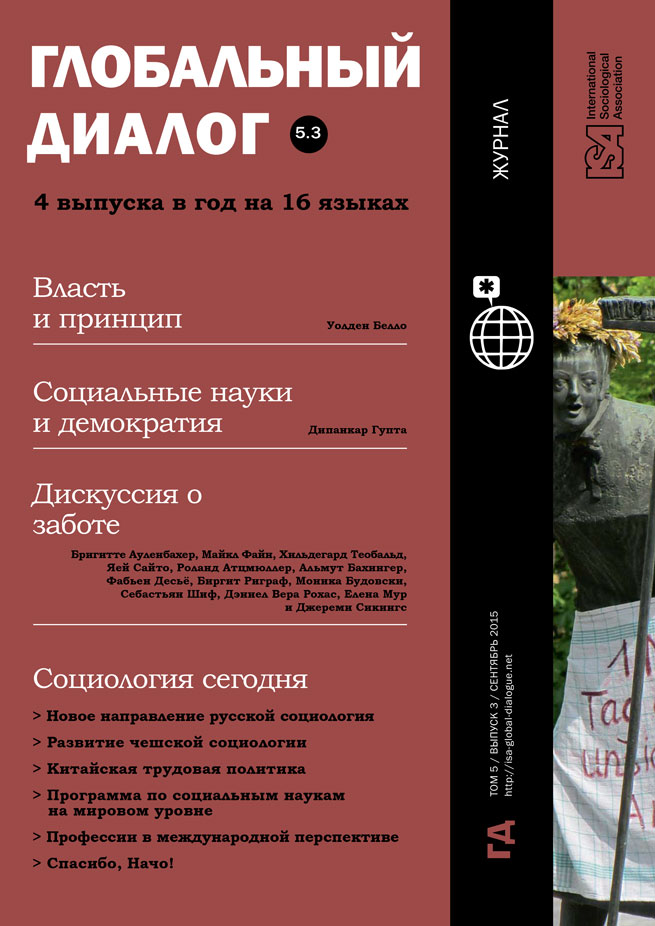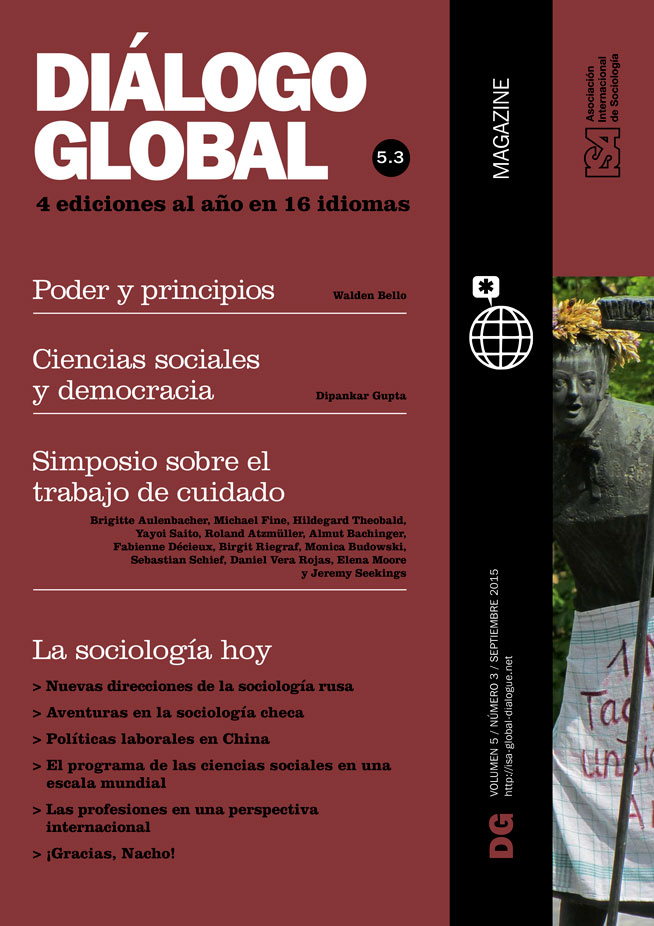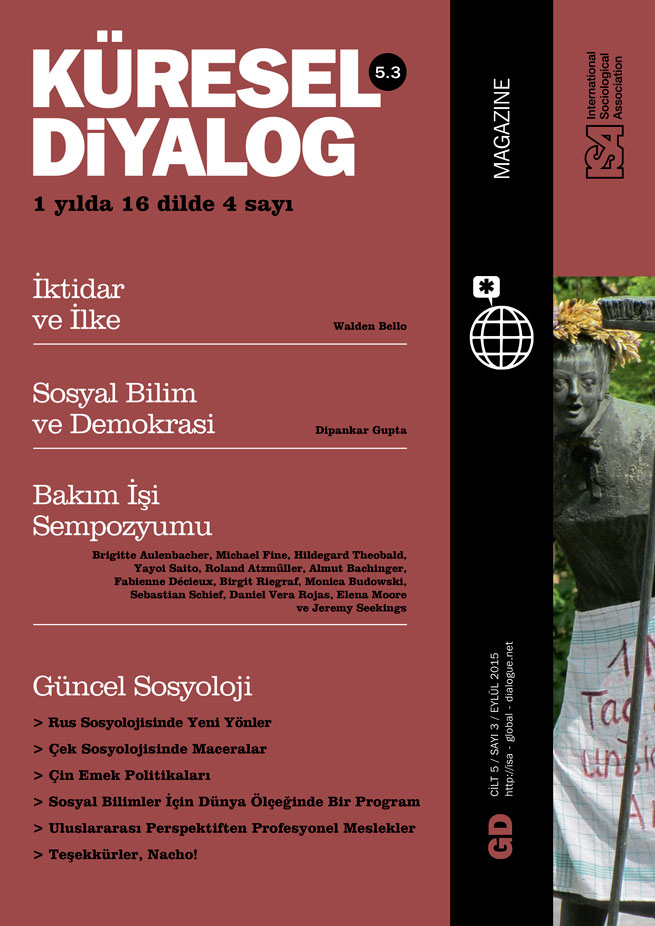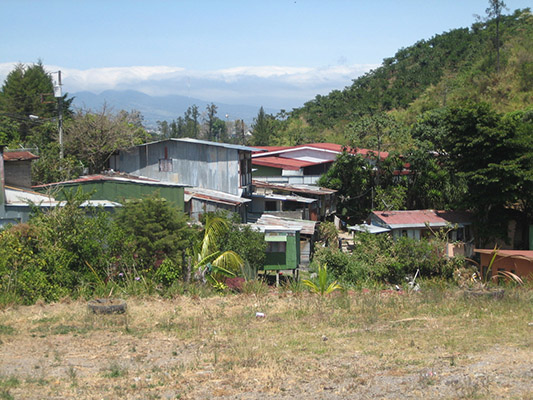Societies organize care in different ways. Family and household members, especially women, provide most care; but how care is organized also depends upon state-provided services, purchasable services, and community support. Our study asked how the organizing principles of the welfare regimes shape care provision in Chile, Costa Rica and Spain.
Chile’s welfare regime principles are liberal: they emphasize a strong role of markets and individual responsibility. Thus, we expected households to tackle care issues individually, relying on the gendered division of household labor if there are few affordable market services. Costa Rica’s principles are social democratic: state policies are important, and households will turn to state services and programs when in need. Spain’s welfare policies incorporate many conservative principles: the state delegates care to households (primarily women) and protects those in formal employment (primarily men). So, in Spain, childcare would be managed by household and family members, only secondarily involving state policies and communities or friends. In all three countries, the gendered division of labor in households is central to care provision. And, of course, the ongoing financial crisis in all three countries affects how care issues are currently dealt with.
Organizing Childcare in Precarious Households
For all three countries we asked how households in precarious socio-economic conditions near and above the poverty threshold (not poor, yet at risk of poverty) manage everyday life. Such households are not covered by social policies aimed at helping the poor, yet their limited financial capacity makes it difficult for them to outsource care work, for example by paying for childcare. Between 2008 and 2010, we interviewed people in the same sample of households in three cities (between 24 and 31 households in one city in each country) in order to explore how members of these households thought about and dealt with childcare.
Acceptable childcare in Chile depends on parents, on informal unpaid family support, and paid-for childcare services. Private (subsidized) formal childcare was used when it was considered beneficial for the child’s development or when both parents’ incomes were considered necessary to sustain the household’s living standard or future plans. Respondents were ambivalent about the benefits of the labor market in care work: long working hours, poor working conditions, low remuneration and temporary employment were weighed against income, gratification, security and identity. Many respondents reflected a traditionally-gendered division of labor, with widespread acceptance that the “mother role” created a tension between paid work and care. Neither markets, the state, nor civil society organizations could alleviate this tension.
The Costa Rican households interviewed for the study organized childcare through the gendered and the inter-generational division of labor. Work and childcare were negotiated between different generations of women within the household, usually on the basis of who could best generate income. Sometimes women informally repaid each other for childcare: if one woman managed to find full-time work, other household members, who were unemployed or in part-time employment – grandmothers, siblings, in-laws – provided childcare. If need for childcare went beyond the household’s own means, respondents believed that the state, and to a lesser extent, labor markets, could fill the gap. Labor markets in Costa Rica seemed to create less stress or complications for childcare than in Chile and Spain. However, men generally seemed less involved in childcare, and women did not explicitly demand their contributions.
In Spanish households, women tended to shoulder childcare on their own. The financial crisis has reduced job opportunities and cut public support for public childcare; and other safety nets barely exist. Few women in the sampled Spanish households had children. Those who did, criticized the gendered division of labor in the household, and complained about the limited employment opportunities and the lack of affordable private or public care facilities – in part due to the financial crisis. Acquaintances and community stepped in to meet childcare emergencies. Many respondents attributed women’s decision to limit their family size to an unjust gendered division of labor.
Comparing Countries
This comparison of childcare arrangements in low-income households highlights two key points. First, it underscores the importance of the family and household for childcare, as well as the persistence of a gendered intra-household or inter-generational division of work within households. Second, it underscores the way welfare regimes, in tandem with countries’ economy and social structure, have an important impact on the organization of childcare within those households.
For most households in precarious conditions (not poor, yet at risk of poverty) the gendered division of labor – along with household composition and size – was essential to the organization of childcare. Whether these gendered roles were societally accepted or questioned, and whether income-earning opportunities or state support were available, also affected how childcare was organized and experienced. Family-oriented policies in Costa Rica provided incentives to construct three-generation households, alleviating childcare. In Chile, a tense relationship among labor conditions, opportunities for work and childcare facilities, along with a traditional gender ideology, permeate the organization of childcare. In Spain, having fewer or no children decreases the burden of childcare for women. At the same time, the financial crisis has reduced public services and opportunities for paid work, so that mothers have had to shoulder and juggle childcare.
Organizing childcare was least stressful in Costa Rica, where other women, family members and state support buffered difficult situations. In Chile, labor conditions, the lack of affordable public and private childcare conflict with the gendered division of labor and traditional gender ideology to make childcare stressful. It was in Spain that childcare was most stressful, due to the combination of a gendered division of labor (considered to be unjust), a crisis-induced reduction in childcare facilities and limited employment opportunities.
The Swiss National Science Foundation funded the project. The University of Fribourg (Switzerland) collaborated with the Public University of Pamplona (Spain), the Catholic University of Temuco (Chile), and the University of Costa Rica (Costa Rica).
Monica Budowski, University of Fribourg, Switzerland and member of ISA Research Committees on Economy and Society (RC02), Poverty, Social Welfare and Social Policy (RC19), and Social Indicators (RC55) <monica.budowski@unifr.ch>
Sebastian Schief, University of Fribourg, Switzerland
W. Daniel Vera Rojas, Pontifical Catholic University of Valparaiso, Chile
